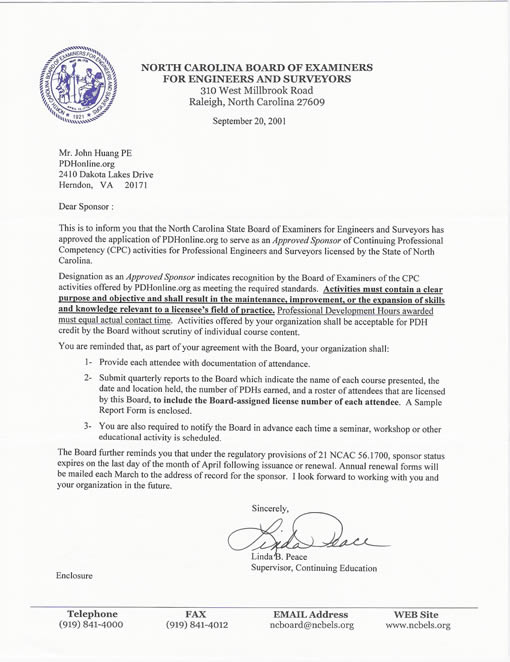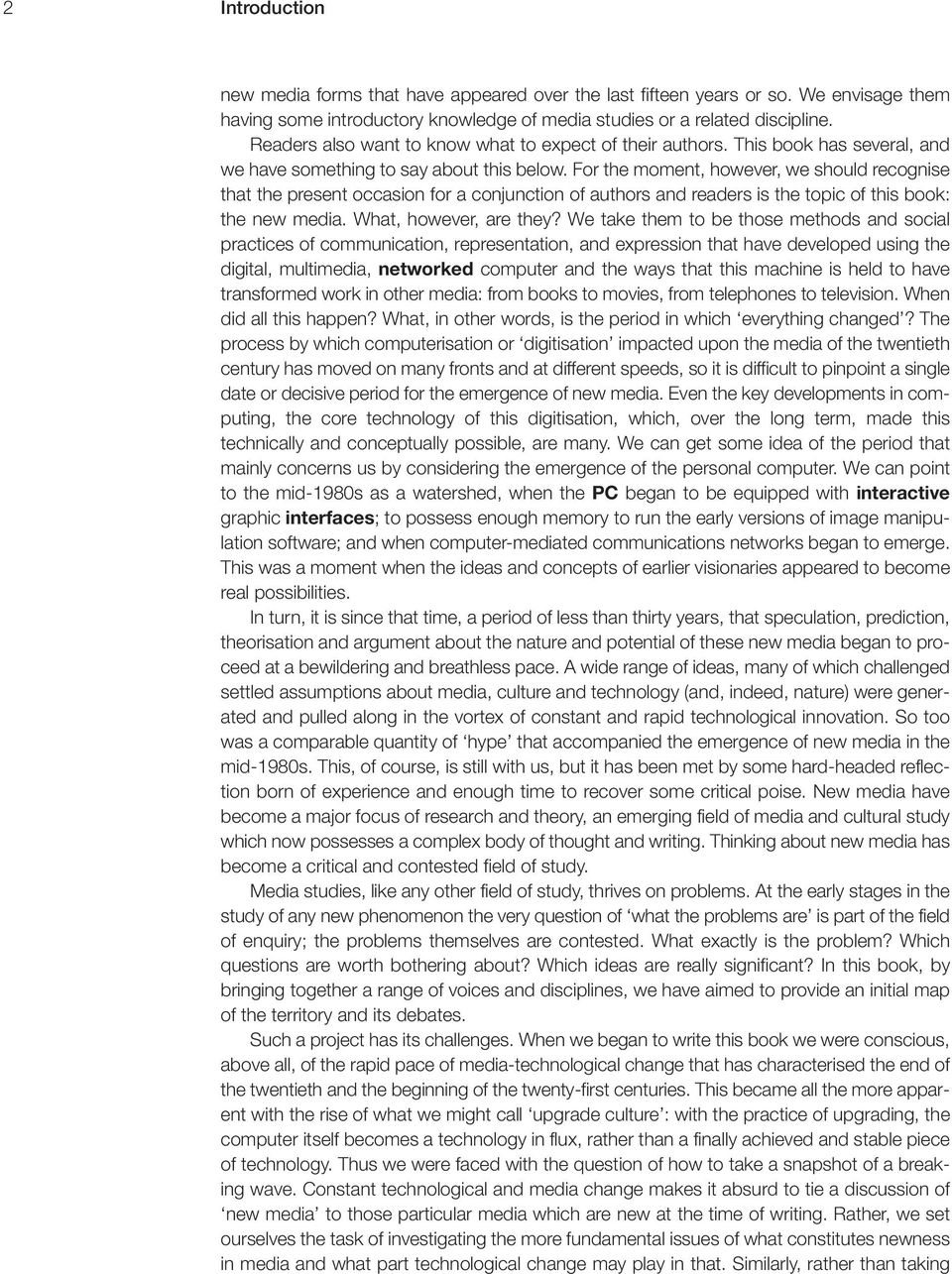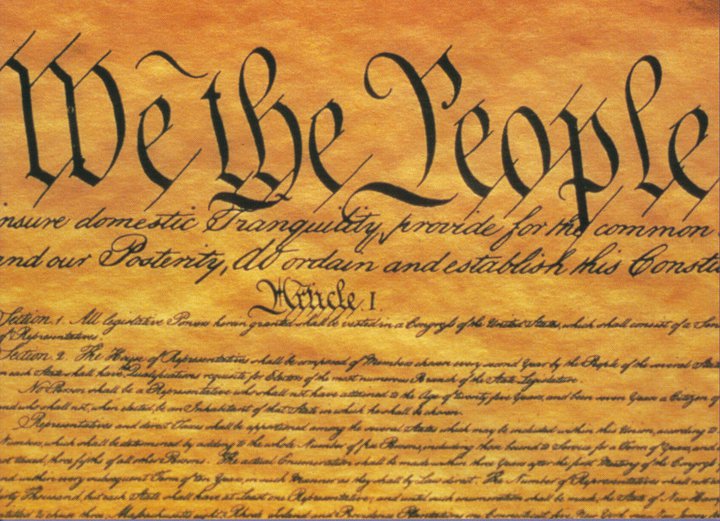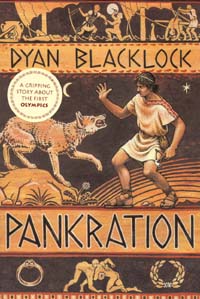Essay on Criticism by Alexander Pope: An Overview.
Alexander Pope (1688-1744) This essay by Pope is neoclassical in its premises; in the tradition of Horace and Boileau. Pope believes that the value of literary work depends not on its being ancient or modern, but on its being true to Nature. This truth to Nature is found in true wit.
Pope’s Essay on Criticism (1711) is a Horatian compendium of maxims, but Pope feels obliged to defend the poetic rules as “Nature methodiz’d”—a portent of quite different literary inferences from Nature.

Pope's 'Essay on Criticism' is broken into three different parts. The first part opens by describing the ways literary critics can actually cause harm. Pope argues that critics must be both careful.

Alexander Pope’s Essay on Criticism is an attempt to balance theology and aesthetics. Pope in his essay follows the tradition of Horace’s Ars Poetica. His essay concerns with good literary criticism and poetry, and how they stay in harmony.

Essay Re-writing If your essay is already written and needs Pope An Essay On Criticism Summary to be corrected for proper syntax, grammar and spelling, this option is for you. We can either improve your writing before your teacher sees the work, or make corrections after.

Essay on Criticism Alexander Pope. Essay on Criticism Lyrics 'Tis hard to say, if greater Want of Skill Appear in Writing or in Judging ill, But, of the two, less dang'rous is th' Offence.

Alexander Pope, An Essay on Criticism (1711) Horace still charms with graceful Negligence, And without Method talks us into Sense, Will like a Friend familiarly convey. The truest Notions in the easiest way. He, who Supream in Judgment, as in Wit, Might boldly censure, as he boldly writ, Yet judg'd with Coolness tho' he sung with Fire.

Pope’s “An Essay on Criticism” partially functions as a treatise on the aesthetic ideals of the neoclassical period in English literature.

Critical Essays Alexander Pope's Essay on Man The work that more than any other popularized the optimistic philosophy, not only in England but throughout Europe, was Alexander Pope's Essay on Man (1733-34), a rationalistic effort to justify the ways of God to man philosophically.

When it comes Pope An Essay On Criticism Summary to the content of your paper and personal information of the customer, our company offers strict privacy policies. Thus, we keep all materials confidential. Moreover, our online services are able 24 hours a day, 7 days a week. There is no need to worry if your paper is due tomorrow.

An Essay on Criticism: Part 3 By Alexander Pope Learn then what morals critics ought to show, For 'tis but half a judge's task, to know.

Pope's Poems and Prose Summary and Analysis of An Essay on Man: Epistle II. Buy Study Guide. Summary. The subtitle of the second epistle is “Of the Nature and State of Man, with Respect to Himself as an Individual” and treats on the relationship between the individual and God’s greater design.. Epistle III Summary and Analysis Previous.

Overview. Alexander Pope wrote An Essay on Criticism shortly after turning 21 years old in 1711. While remaining the speaker within his own poem Pope is able to present his true viewpoints on writing styles both as they are and how he feels they should be.



